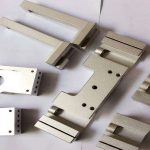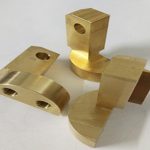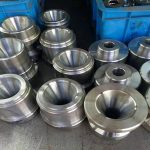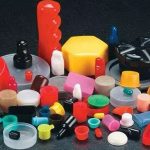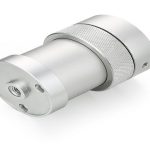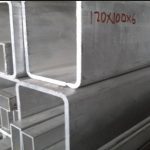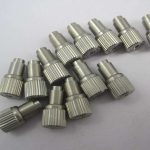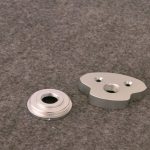Difficulties and solutions for cutting of thick steel plates
| The cnc cutting machine has no problem in cutting steel sheets below 10 mm thick. However, if a thicker steel plate is to be cut, it is often required to assist a high-power laser with an output of more than 5 kW, and the cutting quality is also significantly reduced. Due to the high cost of high-power laser devices, the laser mode of the output is also not conducive to cnc cutting, so the traditional cnc cutting method does not have an advantage when cutting thick plates. |
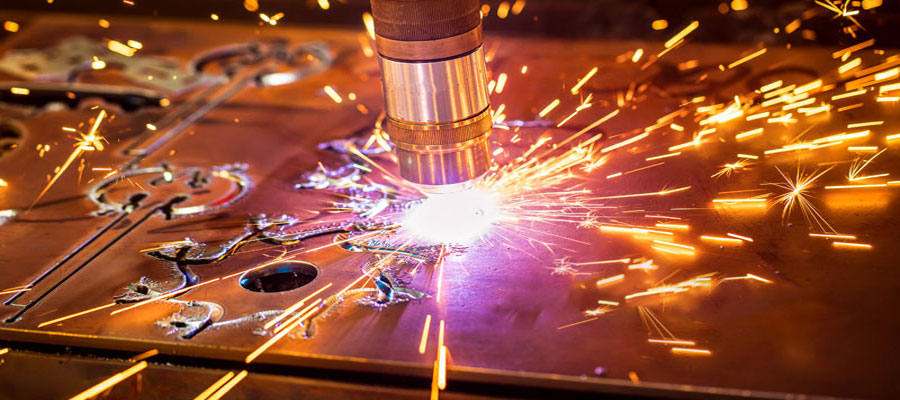
The following technical difficulties exist in the existence of metal laser cutting machines for cutting thick plates:
1. The quasi-steady-state combustion process is difficult to maintain.
In the actual cutting process of the metal laser cutting machine, the thickness of the cuttable plate is limited, which is closely related to the inability of the cutting front iron to be stably burned. The combustion process must be continuous and the temperature at the top of the slit must reach the ignition point. The energy released by the ferrooxidation reaction alone does not actually ensure that the combustion process continues.
On the one hand, because the slit is continuously cooled by the oxygen flow from the nozzle, the temperature of the cutting front is lowered: on the other hand, the ferrous oxide layer formed by the combustion covers the surface of the workpiece, hinders the diffusion of oxygen, and reduces the concentration of oxygen.
At a certain level, the combustion process will go out. When laser cutting with a conventional converging beam, the area of the laser beam acting on the surface is small. Due to the high laser power density, the surface temperature of the workpiece reaches the ignition point not only in the region of the laser radiation, but also because of the heat conduction. The area reached the ignition temperature.
The diameter of the oxygen flow on the surface of the workpiece is larger than the diameter of the laser beam. This indicates that not only a strong combustion reaction occurs in the laser irradiation region, but also combustion occurs simultaneously around the spot irradiated by the laser beam.
When the slab is cut, the cutting speed is quite slow, and the surface of the workpiece is burned at a faster rate than the cutting head. After burning for a period of time, the combustion process is extinguished due to a decrease in the concentration of oxygen. Only when the cutting head travels to this position, the combustion reaction begins again.
The combustion process at the cutting front is performed periodically, which causes temperature fluctuations at the cutting front and poor cut quality.
2. It is difficult to maintain a constant oxygen purity and pressure in the thickness direction.
When the metal laser cutting machine is cut into thick plates, the decrease in oxygen purity is also an important factor affecting the quality of the incision. The purity of the oxygen stream has a strong influence on the cutting process. When the oxygen stream purity decreases by 0.9%, the ferrite burn rate will decrease by 10%; when the purity decreases by 5%, the burn rate will decrease by 37%.
The decrease of the burning rate will greatly reduce the energy input into the slit during the combustion process, reduce the cutting speed, and increase the content of iron in the liquid layer of the cutting surface, thereby increasing the viscosity of the slag, resulting in difficulty in discharging the slag. Severe slag will appear in the lower part, making the quality of the incision unacceptable. In order to keep the cutting stable, it is required that the purity and pressure of the oxygen flow cut in the thickness direction are kept substantially constant. In the conventional laser cutting process, a common conical nozzle is often used, which can meet the requirements of use in thin plate cutting.
However, when cutting thick plates, as the supply pressure increases, shock waves are easily formed in the flow field of the nozzle. The shock wave has many hazards to the cutting process, reducing the purity of the oxygen flow and affecting the quality of the incision.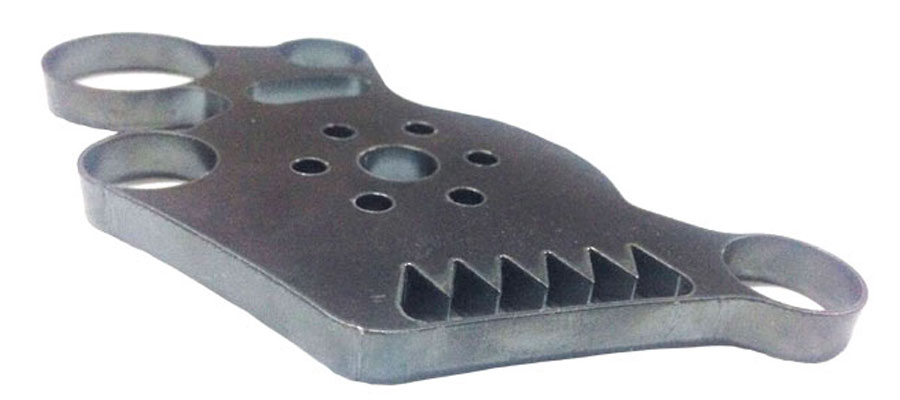
There are generally three ways to solve this problem:
- (1) adding a preheating flame around the cutting oxygen stream;
- (2) adding an auxiliary oxygen flow around the cutting oxygen stream;
- (3) Reasonably design the inner wall of the nozzle to improve the characteristics of the airflow field.
Link to this article: Difficulties and solutions for laser cutting of thick steel plates
Reprint Statement: If there are no special instructions, all articles on this site are original. Please indicate the source for reprinting:https://www.cncmachiningptj.com/,thanks!
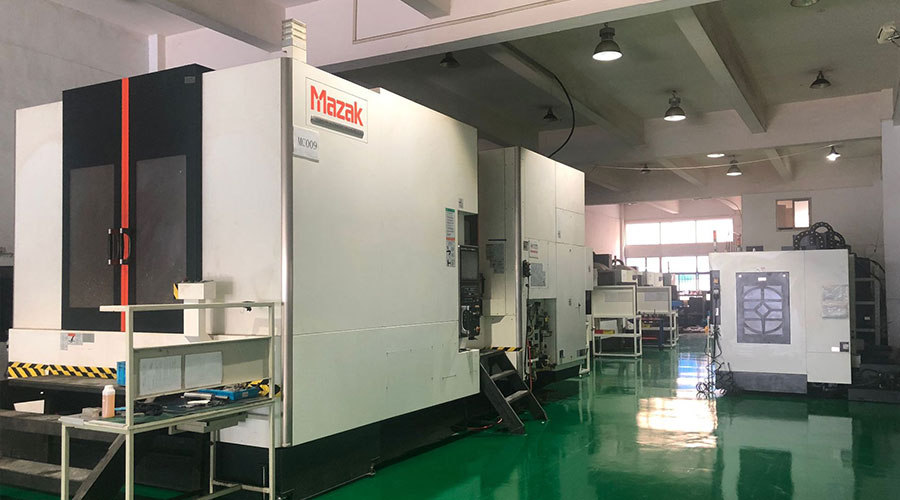 PTJ® provides a full range of Custom Precision cnc machining china services.ISO 9001:2015 &AS-9100 certified. 3, 4 and 5-axis rapid precision CNC machining services including milling, turning to customer specifications,Capable of metal & plastic machined parts with +/-0.005 mm tolerance.Secondary services include CNC and conventional grinding, drilling,die casting,sheet metal and stamping.Providing prototypes, full production runs, technical support and full inspection.Serves the automotive, aerospace, mold&fixture,led lighting,medical,bicycle, and consumer electronics industries. On-time delivery.Tell us a little about your project’s budget and expected delivery time. We will strategize with you to provide the most cost-effective services to help you reach your target,Welcome to Contact us ( [email protected] ) directly for your new project.
PTJ® provides a full range of Custom Precision cnc machining china services.ISO 9001:2015 &AS-9100 certified. 3, 4 and 5-axis rapid precision CNC machining services including milling, turning to customer specifications,Capable of metal & plastic machined parts with +/-0.005 mm tolerance.Secondary services include CNC and conventional grinding, drilling,die casting,sheet metal and stamping.Providing prototypes, full production runs, technical support and full inspection.Serves the automotive, aerospace, mold&fixture,led lighting,medical,bicycle, and consumer electronics industries. On-time delivery.Tell us a little about your project’s budget and expected delivery time. We will strategize with you to provide the most cost-effective services to help you reach your target,Welcome to Contact us ( [email protected] ) directly for your new project.
Link to this article:Difficulties and solutions for laser cutting of thick steel plates
Reprint Statement: If there are no special instructions, all articles on this site are original. Please indicate the source for reprinting:Tungusten,Thanks!^^

